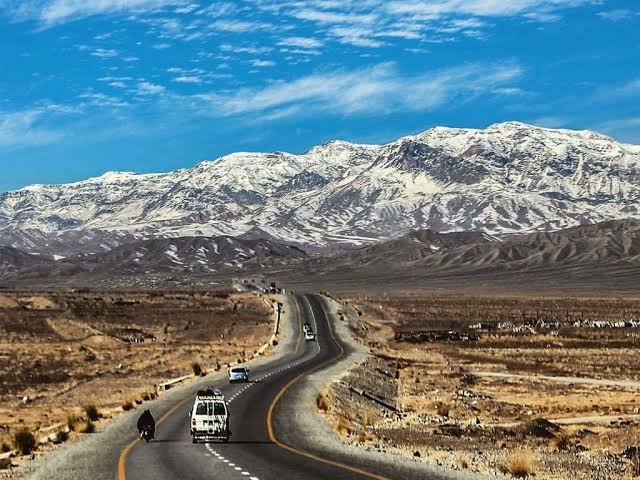ISLAMABAD: “New colleges, libraries, sports complexes, cultural complexes, women centers, and many more are new in this budget. Reforms are always my major criteria and we are making it too. This budget shall cover the majority of Baluchistan health needs and services”, said Chief Minister Baluchistan Jam Kamal Khan.
The new initiatives proposed for Baluchistan budget 2021-22 mainly include a health insurance scheme of Rs 5.55 billion, Baluchistan enterprise development fund of Rs 2 billion, KUMAK- special person’s support fund of Rs 2 billion, Baluchistan employees housing finance fund of Rs 500 million, and women economic empowerment fund of Rs 500 million.
Baluchistan pension fund of Rs 3 billion, Baluchistan food security revolving fund of Rs 1 billion, Baluchistan Awami endowment fund of Rs 2 billion, and interest-free loans for small business Rs 2 billion are also included in the new initiatives.
The Baluchistan government, led by Baluchistan Awami Party (BAP), will present its budget for the fiscal year 2021-22 in the Provincial Assembly on June 18.
The Baluchistan government would unveil its relief-oriented and pro-people budget for the upcoming fiscal year 2021-22, with a total outlay of more than Rs 500 billion.
The government is expected to announce over Rs 150 billion development budget under Public Sector Development Program and the outlay of non-developmental funds for the next fiscal year 2021-22 is likely to reach more than Rs 350 billion.
Education, health, law, and order are among the priorities of the government. More money would be allocated for clean water schemes.
The government has allocated an amount of Rs 20 billion for the South Baluchistan development package. According to official documents, the development package was prepared to ensure that people belonging to all segments of the society should benefit from the development package.
“Under this package, electricity will be provided to over 57 percent scattered population of the area and for this off-grid electricity option will also be availed.”
The government would build 16 new dams which would irrigate about 150,000 acres of land. Around 640,000 children would be given distance education and they would be connected to the teachers based in major cities across the country.
As many as 83,000 children would be given free education and the government would also pay a monthly stipend of Rs 1,500 each to the parents (mother) of boys and Rs 2,000 each to those of girls.
Similarly, 35,000 young individuals of these areas would be given the training to earn as freelancers. In the areas suitable for olive and date cultivation, the government would establish one olive and three date processing units to help the farmers add value to their produce.
In the health sector, 200 health centers would be upgraded in the area under the special development package. Under the package, billions of rupees would also be spent on road projects to improve the connectivity of these areas with the rest of the country.
















